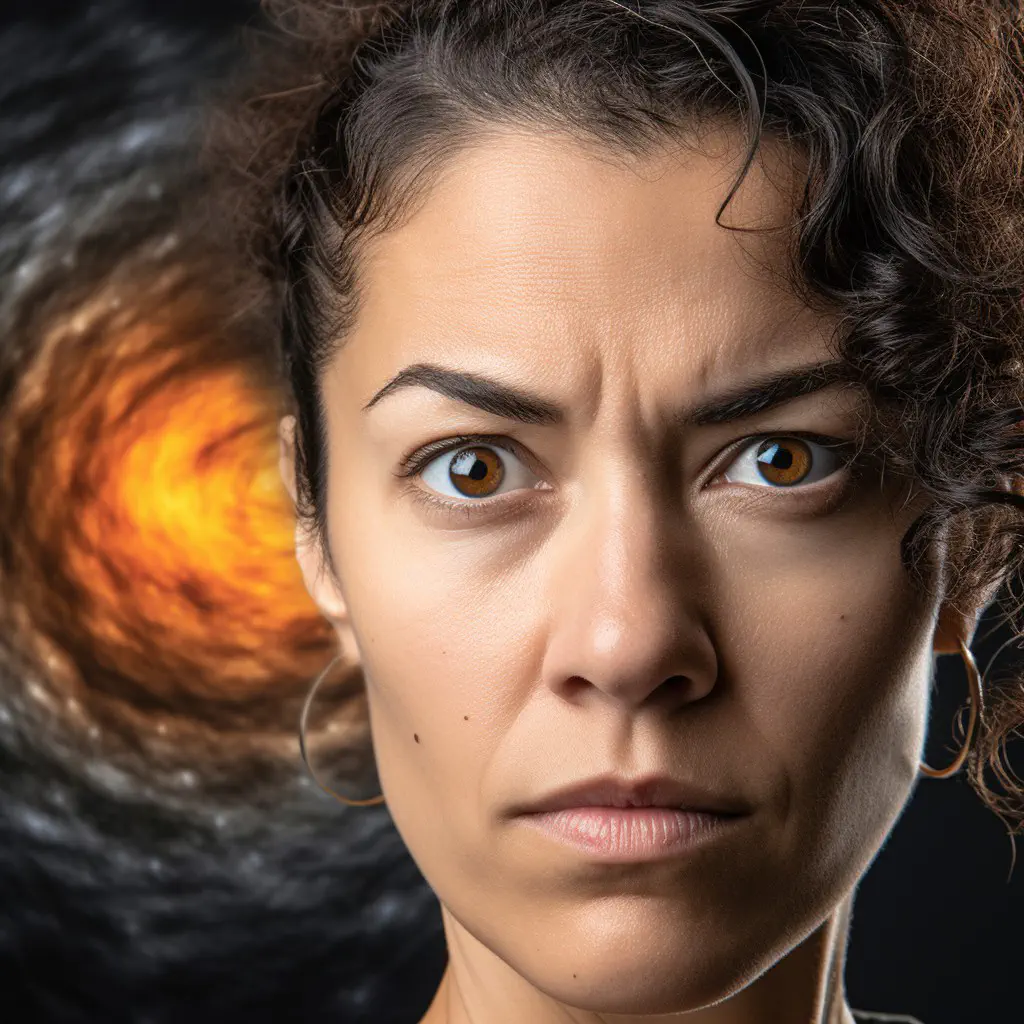
Introduction
Climate change is a term that refers to long-term changes in the Earth’s climate, including changes in temperature, precipitation, and extreme weather events. It is widely believed by the scientific community, as well as many policymakers and concerned citizens around the world, that human activities such as burning fossil fuels and deforestation are major factors contributing to these changes.
The importance of addressing climate change cannot be overstated. If left unchecked, it has the potential to cause catastrophic damage to the planet and its inhabitants, including rising sea levels, stronger storms, and more frequent droughts. However, there are those who deny the existence of climate change altogether, and it is important to critically examine their arguments and critiques.
Climate change denial is the rejection or questioning of the scientific consensus on the existence and cause of climate change. This blog post aims to provide a critical examination of climate change deniers, their arguments, and the importance of acting on the evidence supporting climate change.
Climate Change Deniers Arguments and Critiques
Climate change deniers argue that natural climate variability is the primary cause of global warming and the changes in climate patterns that we currently observe. They also deny that human activities, such as burning fossil fuels, are responsible for the increase in carbon dioxide (CO2) levels in the atmosphere.
“Climate has always changed, it’s just natural.”
This is a common argument used by climate change deniers. They claim that climate change is a natural phenomenon that happens over long periods, and the current changes are not out of the ordinary. They argue that the Earth has gone through several ice ages and warming periods in the past, long before humans started burning fossil fuels.
However, research shows that current climate changes are happening at a faster rate than any natural climate change events in history. Climate data from ice cores and other historical records indicate that the current warming trend is not a natural occurrence. Also, the current CO2 levels in the atmosphere are unprecedented, and the rise in CO2 levels has been shown to correlate with industrial activity.
“It’s just a natural cycle and has nothing to do with human activities.”
Another common argument is that the changes in climate patterns are part of a natural cycle that has nothing to do with human activities. The deniers maintain that the Earth has a self-regulating system of temperature, and that the planet will naturally balance itself out, negating any negative effects.
This argument ignores empirical evidence that human activities like burning fossil fuels have caused an increase in greenhouse gases (GHGs) such as carbon dioxide and methane in the atmosphere, trapping more heat than they used to. The increase in these GHGs is overwhelmingly linked to human activities such as industrial and agricultural practices.
“The science is not settled.”
Climate change deniers frequently argue that the science of climate change is unsettled and that scientists disagree about the causes and impacts of the phenomenon. They claim that the science surrounding the topic is still evolving, therefore any political or social policies that aim to address climate change are premature and unnecessary.
However, the overwhelming consensus among climate change scientists is that human activities, primarily the burning of fossil fuels, are causing a significant increase in global temperatures and a range of environmental and social impacts, including sea-level rise, food shortages, increased wildfires, and more.
“It’s a natural cooling cycle.”
Some people claim that the Earth is actually cooling, and it’s not warming. They assert that the data collected by climate scientists is flawed and that it doesn’t align with reality. They insist that scientists are hiding data that show temperatures going down, not rising.
However, the latest scientific data shows that global temperatures are still rising, and the rate of warming has increased in recent decades. The impact of climate change is being experienced globally, including rising water levels and increased frequency of natural disasters.
In conclusion, arguments made by people who deny climate change mostly ignore the clear scientific evidence of human-caused global warming. The consequences of continued inaction are severe; therefore, it’s imperative for governments, organizations, and individuals to take urgent and collective action to reduce GHG emissions and mitigate the effects of climate change.
The Potential Impact of Climate Change
Climate change poses significant risks to the environment and human society. The following are some of the impacts of climate change:
Extreme Weather Events
Climate change increases the frequency and severity of extreme weather events such as hurricanes, floods, droughts, and heatwaves. This results in damage to infrastructure, property, and crops, loss of life, and displacement of populations.
Sea-Level Rise
As global temperatures rise, glaciers and ice caps in the polar regions melt, increasing sea levels. This, in turn, leads to coastal flooding and erosion, destruction of homes and infrastructure, and displacement of communities.
Food Insecurity
Climate change has a significant impact on agriculture and food production. Erratic rainfall and extreme temperatures can reduce crop yields and make it difficult for farmers to predict when to plant. This, in turn, leads to reduced food security and increased global hunger.
Biodiversity Loss
Climate change poses a significant threat to biodiversity. Changes in temperature and precipitation patterns lead to the extinction of species, alteration of ecosystems, and disruption of vital ecological processes.
Health Impacts
Increased heat waves and the spread of disease-carrying pests such as mosquitos and ticks can have adverse effects on public health. Air pollution also increases the likelihood of respiratory diseases.
Economic Costs
Climate change impacts economic growth and stability. The costs of repairing infrastructure damaged by extreme weather events, providing relief to displaced communities, and investing in alternative energy sources can be significant.
In summary, the potential impacts of climate change are enormous, extending to the environment, economy, and society. If left unaddressed, these impacts will only become more severe over time, leading to further global challenges.
Who Are the Climate Change Deniers?
Climate change deniers are individuals, groups, and organizations who reject the scientific evidence that climate change is at least partly caused by human activities and argue that the phenomenon is either not real, exaggerated, or a natural occurrence. Some of the most vocal climate change deniers include politicians, fossil fuel companies, and right-wing think tanks.
Identification of the Groups and Organizations who Deny Climate Change
One of the most well-known climate change deniers is the Heartland Institute, a libertarian think tank that is known for downplaying the role of human activities in global warming. The institute has received funding from many fossil fuel companies, including ExxonMobil and the Koch Brothers. Other groups and organizations that deny climate change or express scepticism include The Competitive Enterprise Institute, the Cato Institute, and the American Enterprise Institute.
Another group that denies climate change is the Republican Party in the United States. Despite the fact that many Republicans accept climate change as a reality, a significant number of them still reject the scientific evidence. This rejection has translated into a lack of action on climate change and has hindered the US’s ability to address climate change.
Examination of their Interests and Motivations
The groups and organizations that reject climate change generally have a vested interest in the status quo, which includes the continuation of fossil fuels. For example, fossil fuel companies have a financial stake in denying climate change since they are the primary contributors to the phenomenon.
Additionally, some of the individuals who deny climate change do so out of ideological motivations. For instance, they may have a deep skepticism about science and the role of government in curbing carbon emissions. Some people who deny climate change also hold a worldview that privileges a certain type of economic system over environmental conservation.
Explanation of How these Groups and Organizations Mislead the Public
Climate change denial groups and individuals often use propaganda techniques to mislead the public. For example, they may make false claims about the state of scientific research or rely on cherry-picked data to argue that global warming is not real. They may also appeal to emotions and cultural identity to stir up distrust of climate change science. By casting doubt on climate change science, these groups and individuals limit public support for measures that could lessen the effects of climate change.
Conclusion
In this blog post, we have critically examined climate change denial and the potentially catastrophic implications of not taking action to address this global crisis. We have analyzed the common arguments against climate change and shared evidence supporting climate change.
Climate change deniers are not just a group of individuals, but it encompasses groups and organizations with political and economic interests that mislead the public about the reality of climate change.
It is crucial to note that we all have a role to play in combating this crisis, and we must act now before it is too late. We need to take individual and collective responsibility for our actions and encourage governments and policymakers to take decisive action to address climate change.
We must adopt sustainable practices, reduce carbon footprints, support clean energy, and promote policies that support the transition to a low-carbon economy. Only then can we mitigate the impact of climate change and protect our planet and future generations.
In conclusion, we must all join the fight against climate change. We must work together to create a sustainable and more resilient future for ourselves and future generations. Let us take collective action to save our planet from the perils of climate change.


